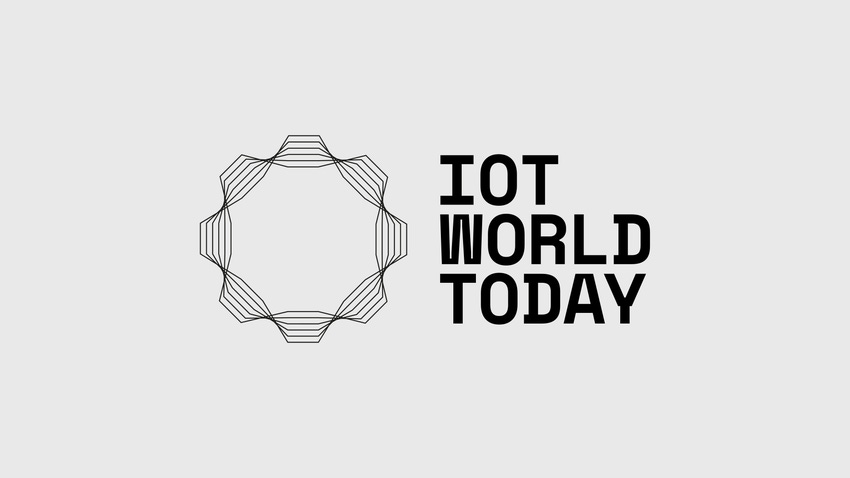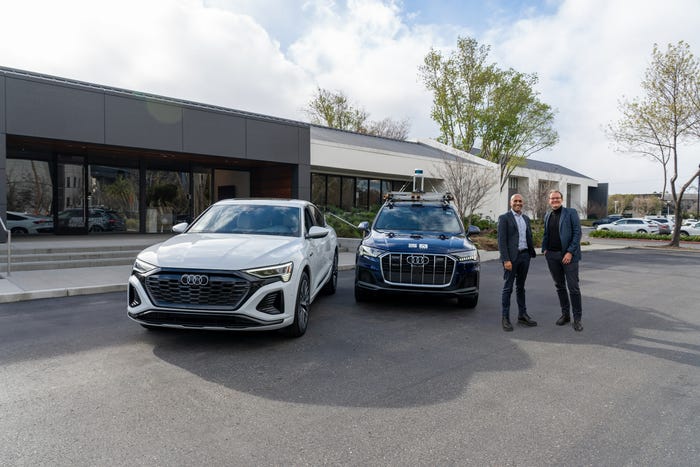Roper Technologies Inc. is betting that slow and steady wins the industrial software race.
December 7, 2016

The maker of medical-imaging devices and electronic highway-toll systems on Tuesday said it’s buying business-management software company Deltek for $2.8 billion. It’s the latest and largest acquisition in CEO Brian Jellison’s more-than-a-decade-long push to distance Roper from the cost-intensive manufacturing of its past and establish the company as one of the most profitable and fast-growing industrial firms within the S&P 500.
You’d be hard-pressed to find a major industrial manufacturer that isn’t going digital these days, but only a select few have opted to actually become software purveyors and even fewer have been at this game as long as Roper. Executives at the company know this: earlier this year, Jellison called out industrial companies that are running ads trying to attract programmers (read General Electric Co.) and noted that there were a number of “Johnny-come-latelys” to the concept of software who have “got their work cut out for them.”
Roper’s edge, however, isn’t just its head start, but the fact that it’s figured out how and where it wants to compete in software. Roper isn’t trying to best SAP or Oracle Corp. at their own game and it also isn’t trying to sell software to its own industrial competitors. Executives are instead focused on niche markets where the company can become part of an oligopoly and command high margins. That’s led Roper to buy businesses like legal software-maker Aderant, which primarily competes with Thomson Reuters Corp.’s Elite offering, or Sunquest, which like Cerner Corp. helps health-care providers streamline the laboratory testing process.
Deltek fits that same mold. While it’s hardly the only provider of enterprise-resource planning software, the company primarily caters to government contractors, which tend to have more inertia when it comes to switching technology providers. Arguably, it’s a business that the likes of SAP SE perhaps should have acquired. Roper got to it first, though, and that’s going to be a difficult market to attack from the outside.
Related: Why IoT Is Different Than Past Technology Evolutions
In general, these aren’t sexy or moonshot businesses a la the Internet of Things or 3-D printing upstarts that GE’s pursuing, but they’re stable and generate heaps of cash that can be used for further digital expansion.
Deltek, for example, is on track to earn $200 million of Ebitda on $535 million of revenue in 2017. That’s an Ebitda margin of 37 percent, unheard of among traditional industrials. Even though it’s relatively old in the software world, Deltek’s growth rates aren’t shabby, especially stacked against the part of Roper’s business that provides monitoring and control systems to the oil and gas industry. Deltek’s organic expansion has ranged between 4 percent and 8 percent over the last four years. Roper isn’t overpaying for that growth either at a little over 5 times Deltek’s projected revenue.
That’s a value proposition that’s easy for shareholders to understand. By comparison, GE’s goal of generating $15 billion in digital sales by 2020 has drawn skepticism from some investors who question how much of that revenue can really be considered additional. For example, part of the appeal of a GE jet engine is the superior predictive maintenance offerings and data analytics that come with it. Can GE sell those services separately or is that already embedded in the value of the engine? The digital business is still nascent, but so far it doesn’t appear to be having a material impact on GE’s organic growth.
The other big question mark surrounding GE’s digital push is whether other manufacturing companies will feel comfortable buying data-management software from one of their biggest rivals. And of course, there is the risk that Oracle, International Business Machines Corp., Microsoft Corp. or any other big software company decides to stop working with GE and start trying to market Internet of Things offerings to industrial companies on their own.
At this point, it’s still too to soon to make a judgment about GE’s digital efforts. But at least when it comes to acquisitions, investors are giving Roper’s strategy a bigger thumbs-up. GE has struck at least nine software deals so far this year, costing the company more than $2.5 billion in total, according to data compiled by Bloomberg. On average, shares of the industrial giant have declined after each of those acquisitions was announced.
Roper, meanwhile, gained as much as 2.1 percent on Tuesday and climbed 3.22 percent in October after announcing a $632 million deal to buy ConstructConnect, a software provider that caters to the construction industry.
Roper may not be dreaming as big as GE, but so far its approach is paying off.
This column does not necessarily reflect the opinion of Bloomberg LP and its owners.
About the Author(s)
You May Also Like
.png?width=700&auto=webp&quality=80&disable=upscale)
.png?width=700&auto=webp&quality=80&disable=upscale)

.png?width=300&auto=webp&quality=80&disable=upscale)
.png?width=300&auto=webp&quality=80&disable=upscale)
.png?width=300&auto=webp&quality=80&disable=upscale)
